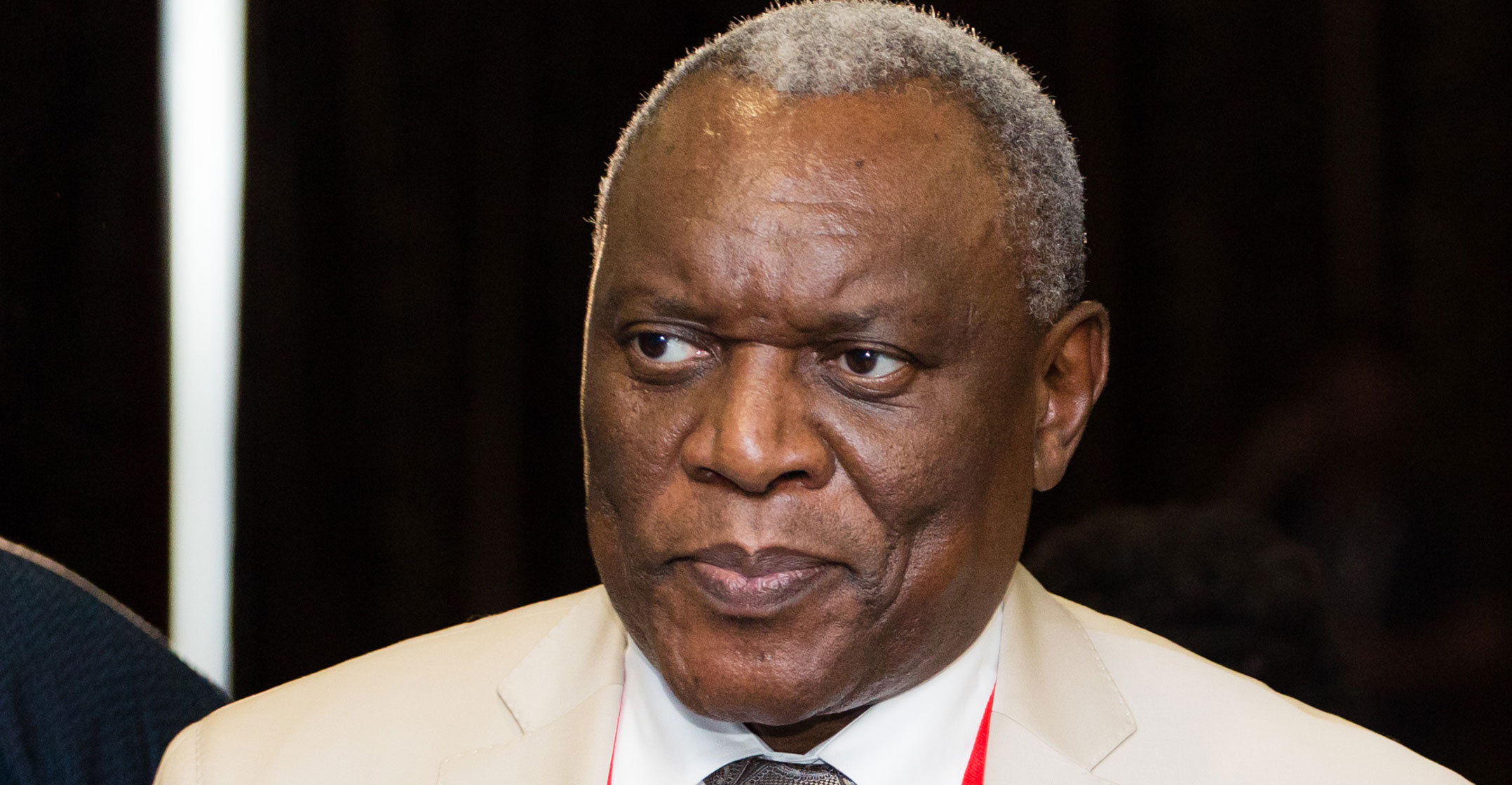
Government’s plan to create a wholesale open-access network, or Woan, “will serve no useful purpose” and could, in fact, harm consumers – the exact opposite of what it’s meant to achieve.
This is a key finding in a new “socioeconomic impact assessment”, or SEIA, produced by the Free Market Foundation (FMF) and published on Tuesday. The SEIA report argues that it is a mistake to try to impose competition through such a mechanism and suggests that the Woan project is the product of “believers in Marxian economics” who find it “torturous” that MTN and Vodacom still service 75% of South Africa’s mobile market 25 years after they were licensed.
Market strength or even dominance, the report finds, does not necessarily imply a lack of competition – it may, in fact, suggest that the big market players are serving the market well, making it difficult for smaller companies to challenge them for meaningful market share.
In fact, it says, “serious problems arise when competition authorities suspect ‘insufficient’ or ‘ineffective’ competition and supposed ‘market failure’”. Indeed, “it should be obvious that a high market share is more likely evidence of pro-consumer competition than anti-consumer competition” and “defensive regulatory agencies that place consumer prosperity above political agendas rarely find evidence of ineffective competition when markets are freely contestable”.
If anyone is to blame for harming consumers in the telecommunications sector, it is government itself, the FMF argues – by “subverting” the broadcasting digital migration project, government “thwarted its own mobile socioeconomic telecoms goals: broadband coverage in rural areas and making broadband data services more affordable”.
‘Fundamental disrespect’
FMF executive director Leon Louw says government “throttled” telecoms operators by failing to allocate new spectrum for 15 years yet still expected them to produce low-cost access.
“When the first concrete ideas (for a Woan) were presented in 2017 in a policy white paper, the department of communications & digital technologies contemplated withdrawal of all exclusively assigned spectrum on the basis of which mobile network operators have invested hundreds of billions of rand. All spectrum would be pooled into a kind of spectrum park to be managed by a public wholesaler. The fact that the government proposes policies that are tantamount to the expropriation of a key resource of one of the most successful industries in South African history is indicative of potentially disastrous misconceptions,” according to the FMF report. “It also exhibits fundamental disrespect for the vital institution of private property. Luckily, reason prevailed when former communications minister Siyabonga Cwele put it mildly: ‘For you to lay down your network on the basis you have spectrum, and then if your spectrum is removed, it may affect your continuing investment and cause uncertainty.’”
There are few examples of successful Woan constructs elsewhere in the world and there is no evidence to suggest that a Woan will work in South Africa, the FMF report says.

“In exchange for keeping their existing spectrum on an exclusive basis, South Africa’s mobile network operators promised to off-take 30% of the capacity of the Woan… At the time of writing, the ‘incentives’ (a euphemism for coercing off-take payments) upon which the livelihood of the Woan artefact would rest remain unclear, as do the ownership structure and the concrete role of government.”
Since the Woan concept was first mooted, the market has also come up with solutions that make it no longer necessary – if it ever was.
“Sometimes the slow-grinding regulatory mills allow market players to come up with solutions in ways that seem mundane at the time but, over time, turn out to change the industry structure far beyond what might have rendered an idea previously plausible.
“When Icasa’s 2017 attempt to auction spectrum was thwarted by the department of communications, carriers set about doing their best to work around the government-created spectrum crunch. Two acquisitions paved the way. In 2015, investors bought WBS (iBurst), which in 2017 was rebranded as Rain. In 2017, Liquid Telecom took over ailing fixed-line operator Neotel. With these takeovers, the new owners acquired high-demand spectrum that MTN and Vodacom had been denied. It was therefore no surprise to industry experts when, in 2018 and 2019, ‘roaming’ agreements between MTN and Vodacom (on the off-taker side), and Rain and Liquid Telecom (on the network wholesale side) were announced. This eased the leading carriers’ government-created constraints in urban areas,” according to the FMF.
Infrastructure sharing
“Icasa approved these agreements, which effectively amount to the sharing of infrastructure (base stations, antennas, tower space, sites) and spectrum, because the regulatory framework did not provide a legal basis for rejecting the deals. Considering that, since 2019, Cell C has been roaming on MTN’s network (slowly but surely morphing into a mobile virtual network operator) and Telkom has been roaming on Vodacom’s network, the market has been moving towards a ‘shared’ network for the benefit of consumers. In other words, through past assignments of high-demand spectrum that were underutilised as well as allowing more potent investors to put them to use, the government inadvertently paved the way for the industry to create a free-market Woan.
“The difference between the Woan as planned by the government and the free-market Woan is that, in the latter case, access to other carriers’ networks is open subject to paying market prices and respecting property rights, while the former artefact rests on coercion and the violation of property rights.
“The fact is that there is already a Woan and a government Woan will serve no useful purpose. The market-based Woan will be expansive, dynamic and innovative to the extent allowed by government.”
Instead of wasting time trying to create a Woan, government’s regulatory apparatus should focus on one task only: to fast-track analogue to digital migration, the lack of which prevents consumers from reaping socioeconomic benefits associated with spectrum that is fully usable, securely held and freely tradeable, the FMF says in its report. — (c) 2021 NewsCentral Media

